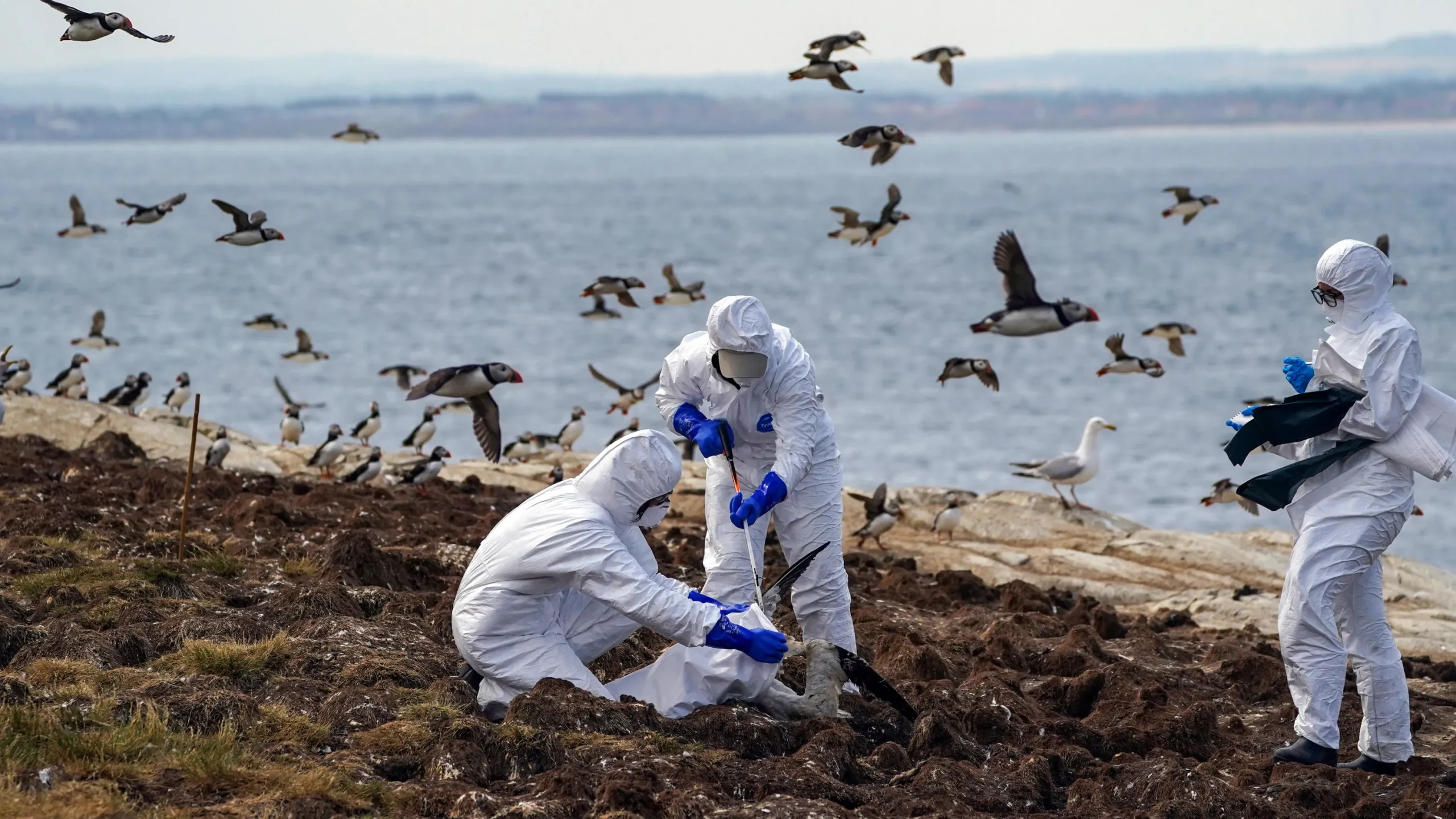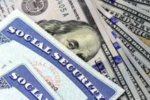During the coronavirus pandemic, millions of Americans faced significant economic hardship. In response, the federal government provided several rounds of stimulus checks to help people stay afloat. These payments were essential for many Americans, helping them pay for essentials like food and housing during uncertain times.
Though it might seem like the days of pandemics are behind us, there’s a new concern on the horizon—bird flu. While the current public health risk for bird flu remains low, experts are keeping a close eye on the situation. If the bird flu were to spread more widely and affect humans, it could lead to disruptions similar to those caused by COVID-19. This raises the question: Could another round of stimulus checks be in our future?
The Importance of Stimulus Checks During the Pandemic
When the coronavirus pandemic first hit, many Americans struggled to make ends meet as businesses shut down, and schools transitioned to online learning. To combat the financial strain, the government issued three rounds of stimulus checks, amounting to up to $3,200 in direct aid for some individuals. While some used these payments to cover everyday expenses, others injected the funds back into the economy, which led to inflation.
If the bird flu becomes a more significant threat, the government may once again find it necessary to provide economic relief to its citizens. This is especially true if widespread lockdowns or business shutdowns occur as a result of the bird flu’s impact.
What You Need to Know About Bird Flu
At present, the bird flu remains a relatively low-risk virus for humans. The Centers for Disease Control and Prevention (CDC) is closely monitoring the situation and is working with states that have reported cases of animal exposure to the virus. The bird flu, or avian influenza, is highly contagious among birds, and humans can be affected after contact with infected bird saliva, mucus, or feces.
In the U.S., there have been fewer than 100 reported cases of bird flu in humans, and these cases have generally been mild to moderate. However, experts are cautious about the potential for the virus to mutate into a more serious strain that could affect human populations.
Experts Weigh In on the Possibility of a Stimulus Check
While the likelihood of bird flu causing widespread panic or global disruption remains low, some experts believe that if the virus were to mutate or spread like COVID-19 did, it could lead to similar economic hardships.
Panagis Galiatsatos, an associate professor of medicine and oncology at Johns Hopkins, explained that while the bird flu is being watched, the current situation is much more manageable compared to COVID-19. He cited several reasons, including the availability of Tamiflu, an antiviral drug that seems effective against the virus, and the years of research on influenza vaccines. He believes these factors could prevent a major global crisis.
Daniel Havlichek, a professor of medicine at Michigan State University, also pointed out that the bird flu has occurred before without causing major disruptions to the U.S. He expressed concern, however, that this current strain might be more problematic, although he doesn’t expect it to result in widespread service disruptions or high mortality rates.
On the other hand, Alex Beene, a financial literacy instructor at the University of Tennessee at Martin, noted that while the bird flu strain currently spreading is not as contagious as COVID-19, there is always the potential for it to evolve. He believes that if the situation were to worsen, the government would likely provide financial aid, similar to the stimulus checks during the COVID-19 pandemic.
What Happens Next?
The CDC continues to monitor the bird flu situation as it spreads across the U.S. The risk of a human epidemic remains low, especially since Tamiflu appears to be effective against the virus and there is significant vaccine knowledge available for influenza. However, experts agree that we need to stay vigilant and prepared in case the situation escalates.
If bird flu were to become more of a threat, lawmakers would likely face pressure from the public to provide economic relief, as they did during the COVID-19 crisis. Alex Beene notes that while the government’s decisions during the pandemic were often unpopular, the stimulus payments were universally appreciated and viewed as essential to keeping many Americans financially secure.
Although there is no immediate need for stimulus payments in response to the bird flu, it is clear that if the virus were to evolve or cause significant economic disruption, the government would likely consider providing similar relief to help Americans weather the storm.
Conclusion
While the bird flu currently poses a low risk to human health in the U.S., experts are keeping a close watch on its development. If the virus were to spread more widely and cause disruptions similar to the COVID-19 pandemic, it could lead to another round of stimulus checks to help Americans manage the financial fallout. For now, the focus remains on monitoring the situation and ensuring that the country is prepared for any potential threats in the future.
Disclaimer – Our team has carefully fact-checked this article to make sure it’s accurate and free from any misinformation. We’re dedicated to keeping our content honest and reliable for our readers.








